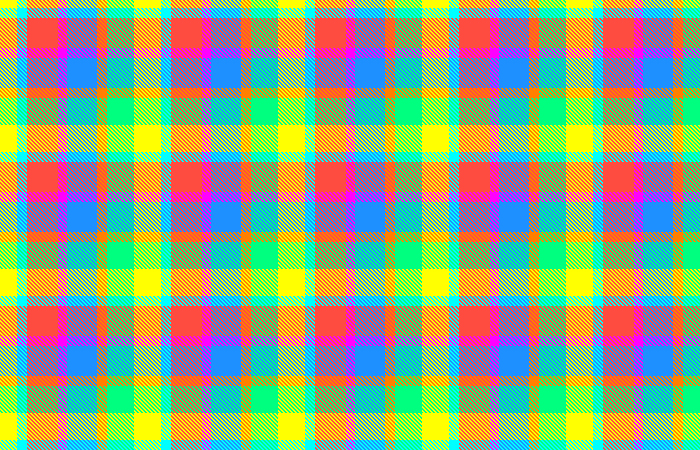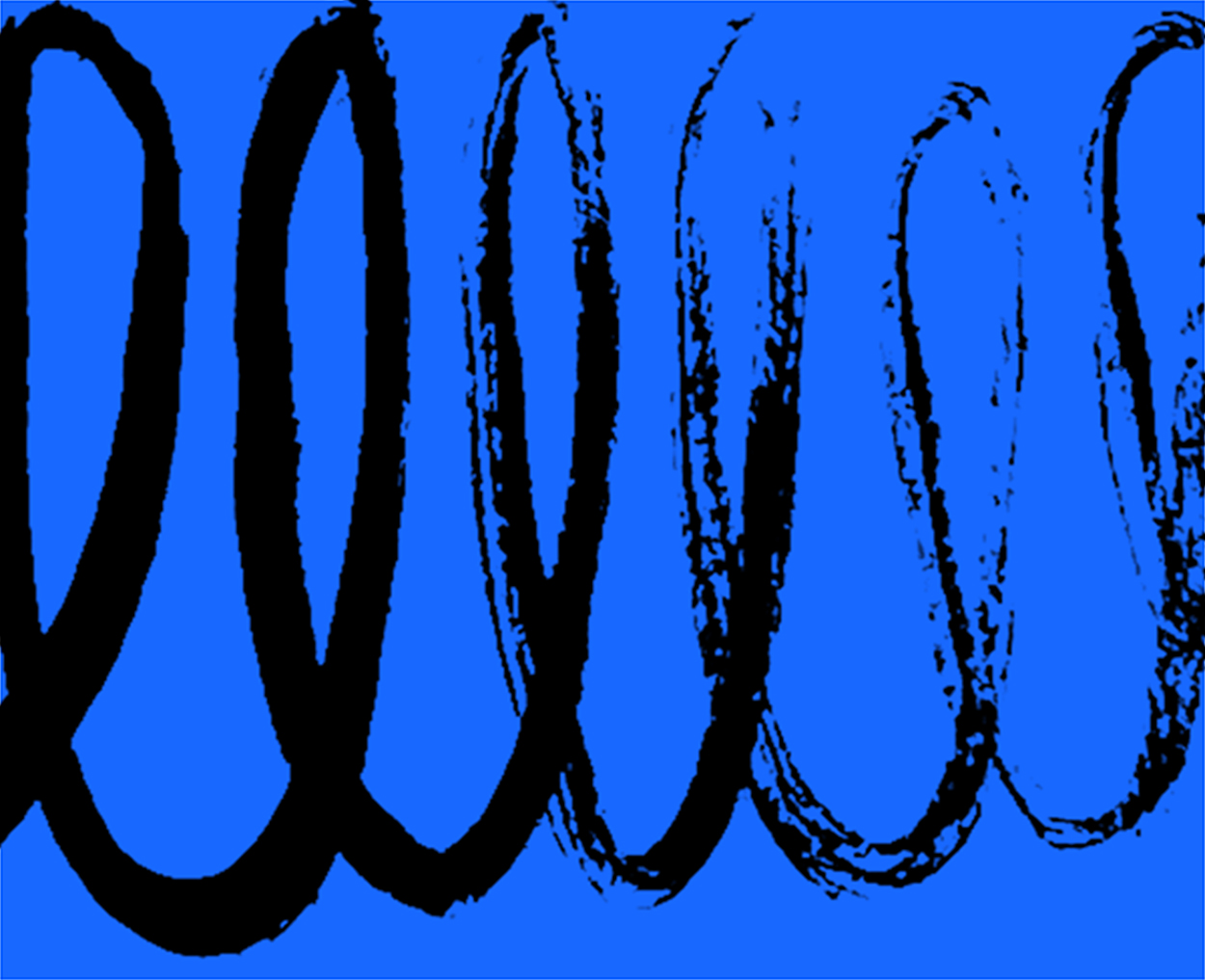
September 16, 2015
Acamedia
New media begets new behaviors. Technology transforms how we perform and think. As my brain turns into a CPU, a mental search history reveals my most recent queries: How many passwords can the human brain remember in a lifetime? Will there ever again be a moment of uninterrupted work? Aren’t all LOLs silent? Why did the research that refuted multi-tasking take so long to emerge? Were researchers multi-tasking? If a selfie continually captures my double chin, will I become selfie-conscious?
These are the terms and conditions of our digital days.
Academia is media-driven. The classroom is connected. Donald Norman asks, “How have we increased memory, thought, and reasoning? By the invention of external aids: It is things that make us smart.” [1] Laptops are long-term learning devices; mobiles are short-term memory aids. Yet, nomenclature hasn’t caught up with our response to these digital situations. Whether or not our undertakings are productive, counter-productive, or comical, it’s difficult to address them without a shared language. What is the vernacular of our everyday tasks?
The following is a dynamic dictionary. Feel free to add to the list with your own experiences in the comments!
++
Laptop use during a meeting to give the impression of productivity (though really checking email): Frauductivity
A chorus of vibrating phones during a committee meeting—seemingly having their own conversation: Sub(woffer) Committee
The inability to think of a password that’s eight characters long, contains capitals, numbers and symbols, isn’t a recognizable word, and hasn’t been used before: D1P*Sh1t
Forgetting that password upon login: Impasse Word
Dropping your phone and automatically thinking “command z”: Keyboard Shortcircuit
The frequent interruption of software updates without enough incentive to stop what you’re doing: BURP (Bothersome Update without Real Purpose)
An obsession with red dots (a.k.a. badge app icon): Attention Definite Disorder
Another name for an email signature that lists too many titles, degrees, or awards: Boast Script
An email comprised of ten percent communication and ninety percent repeated email signatures: None-the-less-is-more
The new term for “privacy” where public access of private information is obtainable regardless of password protection or secure servers: Privicly
An acronym uttered by professors to help students disengage from their laptops and pay attention to the presentation at hand: LURN (Listen Up Right Now)
An instructor making a classroom declaration prohibiting phone use, especially during a critique, when the professor’s phone rings: Hypocrit-ique
The sad decline of salutations on campus sidewalks due to students tuning out with iPhones: iRequited love or Hell-no World
Receiving a text from work after hours (or on weekends) prompting a necessary response: Leisure Seizure
Not being proud of your accomplishments at the end of the day because most of your time was spent responding to emails, texting, or browsing: Gainfully Devoid
++
1. Donald A. Norman, Things That Make Us Smart: Defending Human Attributes in the Age of the Machine (Reading, MA: Addison-Wesley, 1993).
Observed
View all
Observed
By Kathleen Meaney
Related Posts

Design Impact
Seher Anand|Essays
Food branding without borders: chai, culture, and the politics of packaging

Graphic Design
Sarah Gephart|Essays
A new alphabet for a shared lived experience

Arts + Culture
Nila Rezaei|Essays
“Dear mother, I made us a seat”: a Mother’s Day tribute to the women of Iran

The Observatory
Ellen McGirt|Books
Parable of the Redesigner
Recent Posts
Food branding without borders: chai, culture, and the politics of packaging Why scaling back on equity is more than risky — it’s economically irresponsible Beauty queenpin: ‘Deli Boys’ makeup head Nesrin Ismail on cosmetics as masks and mirrors Compassionate Design, Career Advice and Leaving 18F with Designer Ethan MarcotteRelated Posts

Design Impact
Seher Anand|Essays
Food branding without borders: chai, culture, and the politics of packaging

Graphic Design
Sarah Gephart|Essays
A new alphabet for a shared lived experience

Arts + Culture
Nila Rezaei|Essays
“Dear mother, I made us a seat”: a Mother’s Day tribute to the women of Iran

The Observatory
Ellen McGirt|Books

 Kathleen Meaney is a designer, educator and recent fellow at the Smithsonian Institution. Her current research focuses on translating exhibit design for digital learning. She began her career at Pentagram in New York and since then has been a dedicated professor at the School of Visual Arts, North Carolina State University, and the University of Cincinnati. Find Katie in HOW Books’ Women of Design, Chronicle Books’ Design School Wisdom and @university_of_type on Instagram.
Kathleen Meaney is a designer, educator and recent fellow at the Smithsonian Institution. Her current research focuses on translating exhibit design for digital learning. She began her career at Pentagram in New York and since then has been a dedicated professor at the School of Visual Arts, North Carolina State University, and the University of Cincinnati. Find Katie in HOW Books’ Women of Design, Chronicle Books’ Design School Wisdom and @university_of_type on Instagram.